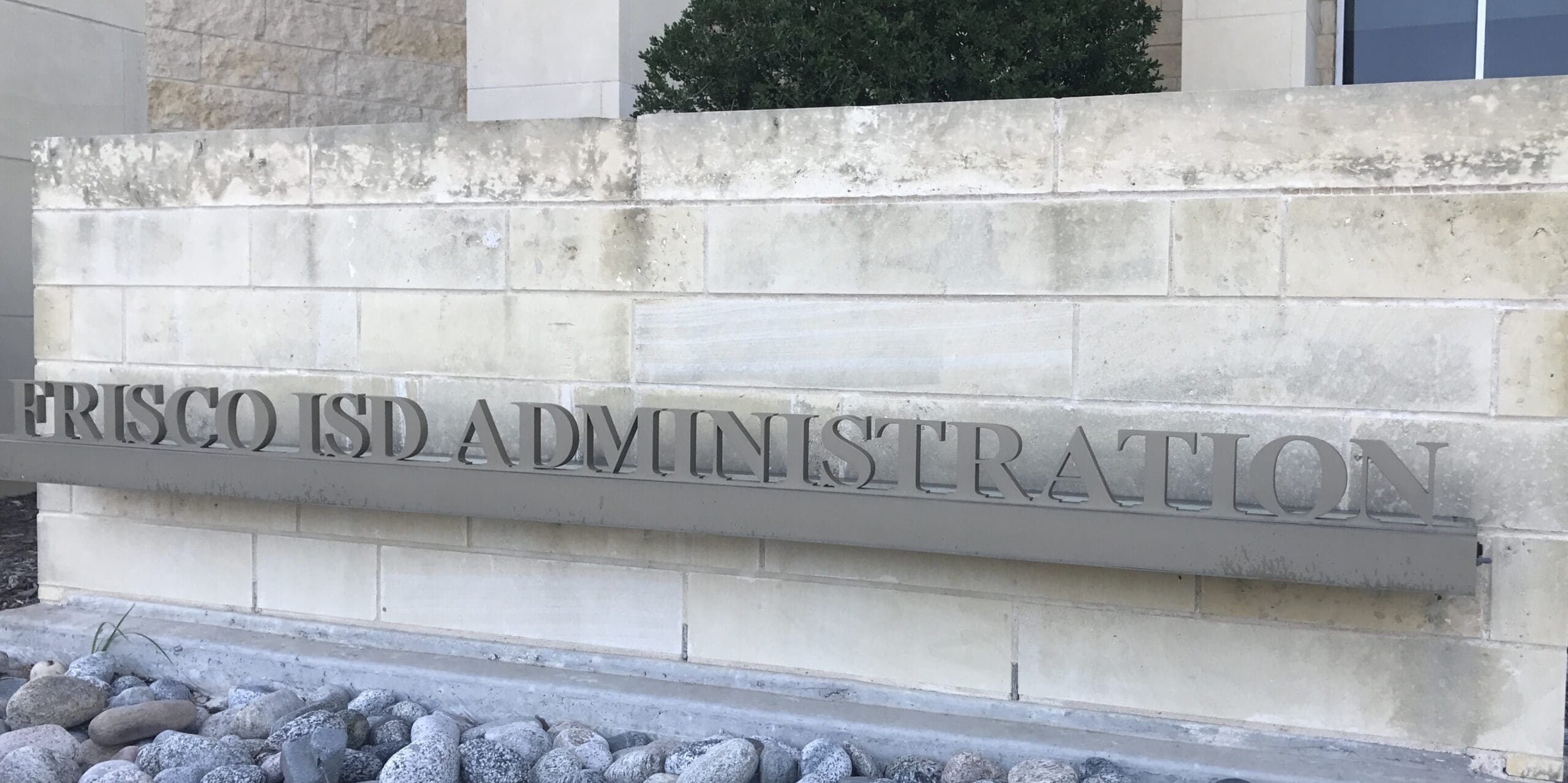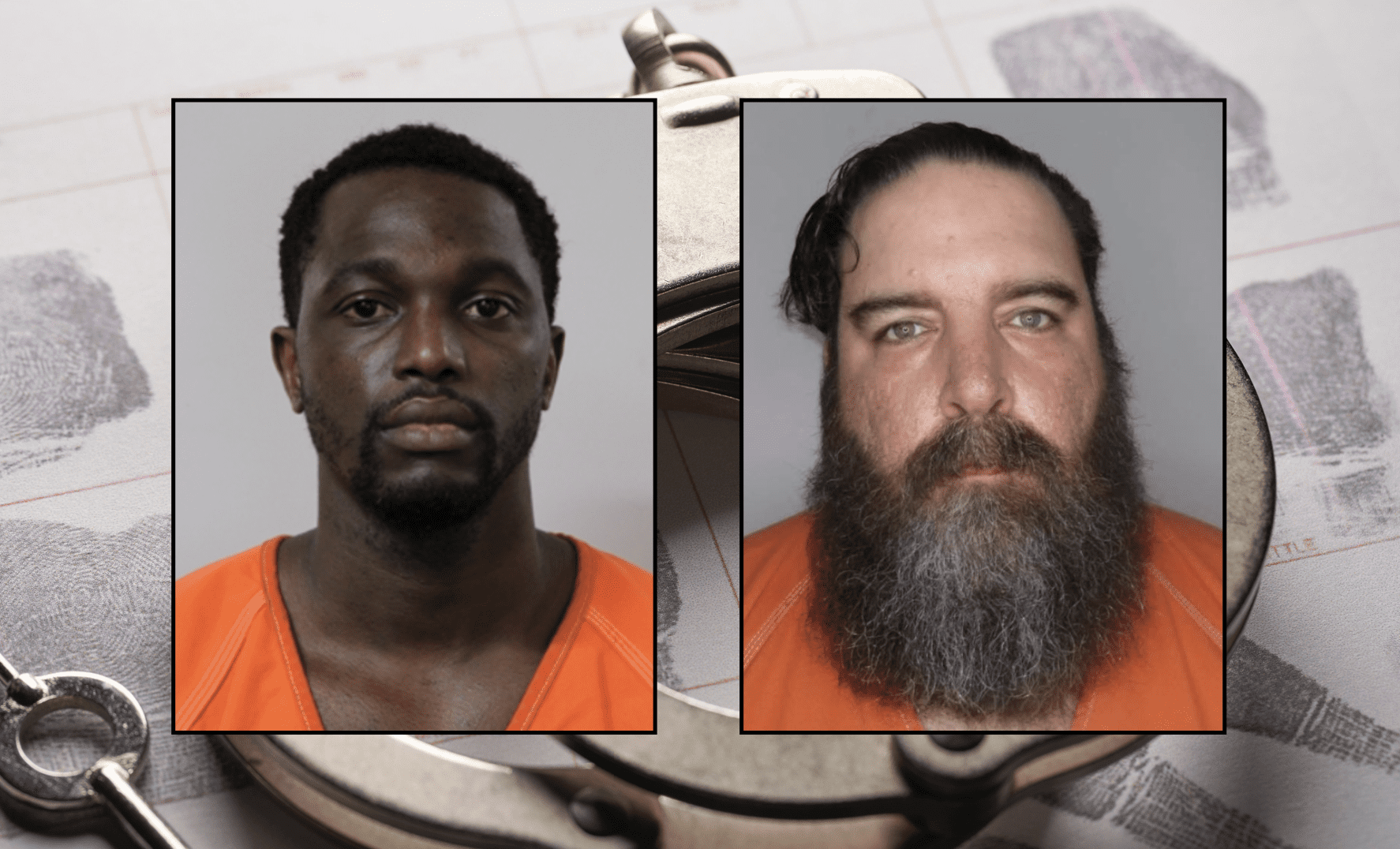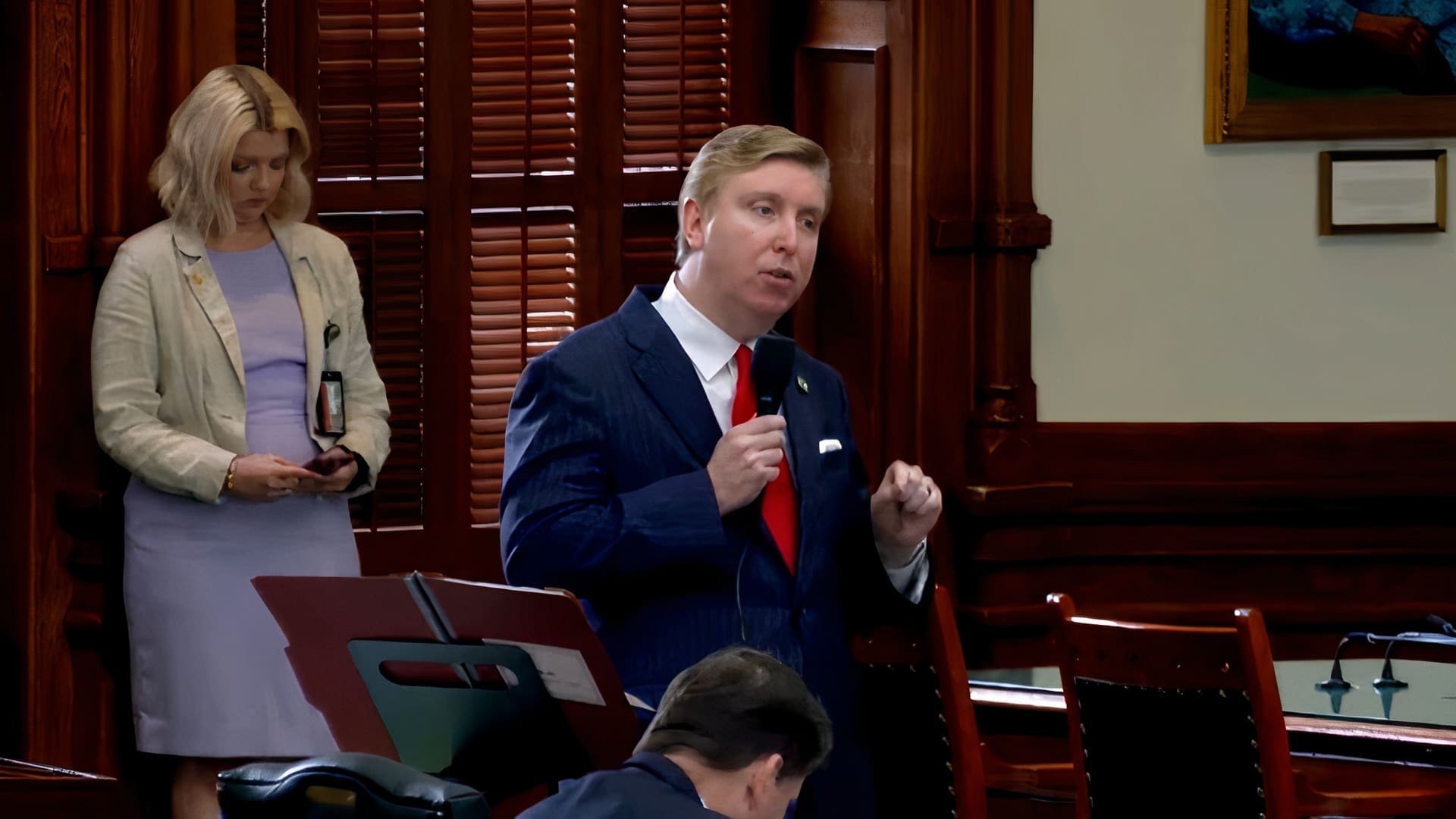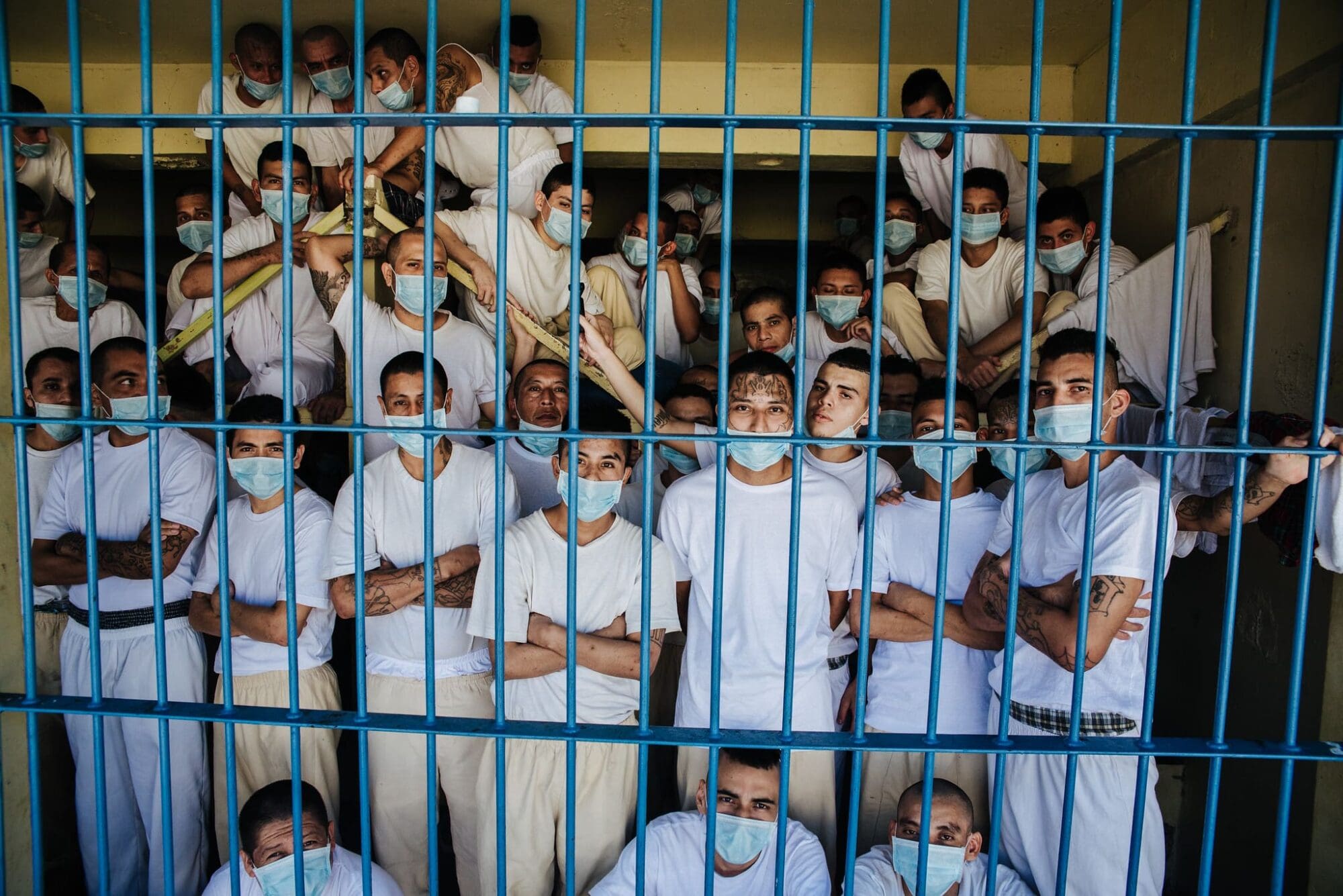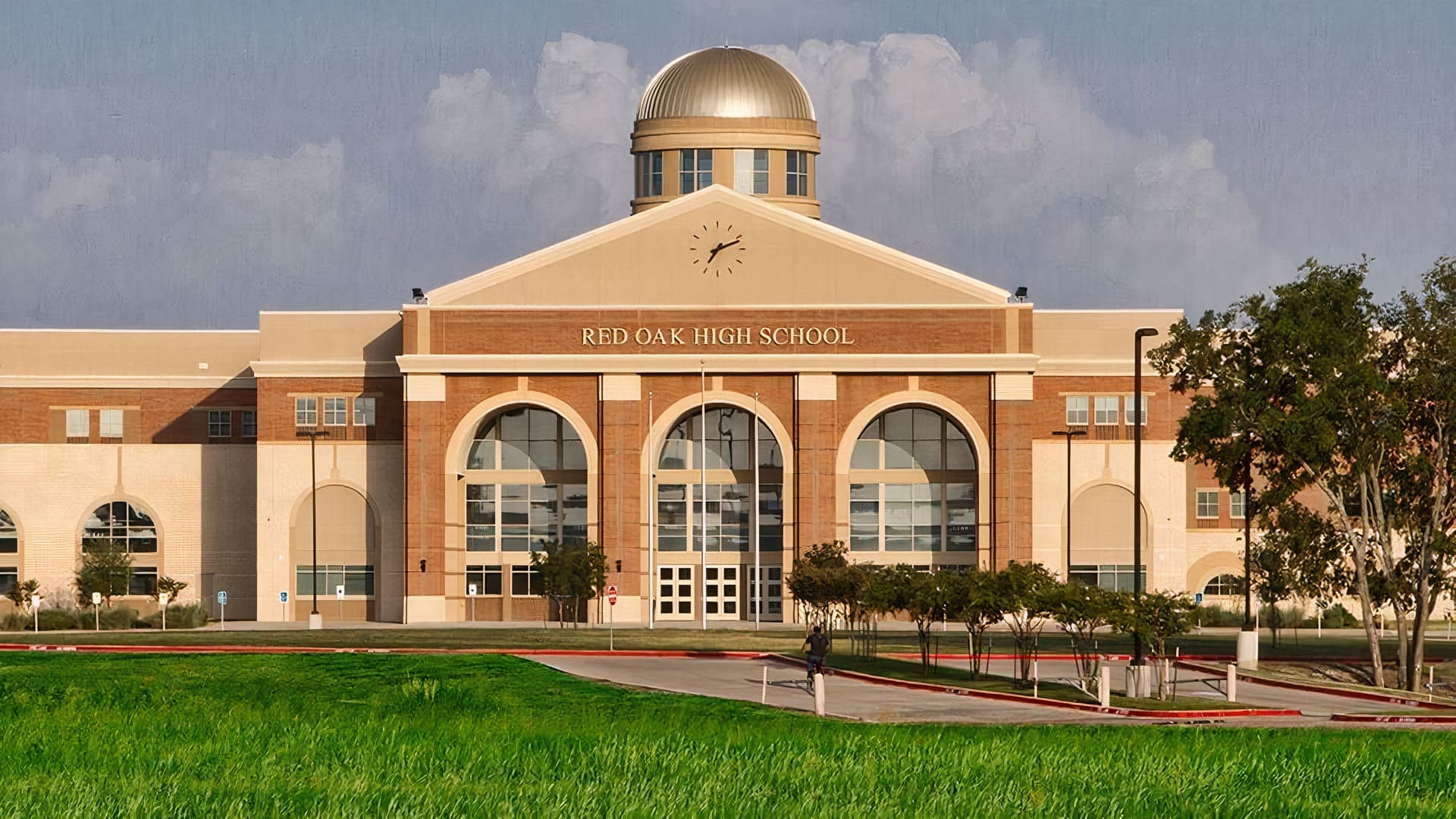Trustees in Frisco Independent School District want voters to approve nearly a billion dollars in new property tax-backed bond debt, as well as a separate property tax increase to help pay for deficit spending already approved by the school board.
Frisco ISD trustees will vote on the proposals at their next school board meeting on Monday, August 19, which is the statutory deadline for placing items on the November 5 ballot.
The district is considering three bond propositions totaling over $1 billion:
- $986 million general bond to pay for facility updates and maintenance, equipment, transportation, and turf
- $88.2 million technology bond to pay for staff and student devices and network upgrades
- $11.2 million athletics bond to pay for a tennis court complex
All bond debt must be repaid, with interest, by local property taxpayers. The bonds’ actual cost to taxpayers once interest is included will far exceed the dollar amounts voters will see on the ballot.
Frisco ISD trustees will also consider adding 2.94 cents to the district’s M&O tax rate, which pays for ongoing maintenance and operating expenses.
The board already approved a budget for the 2024-25 school year that includes a $30 million deficit.
According to a notice on the Frisco ISD website, the state’s funding formula and recapture are forcing the district to raise property tax burdens on local taxpayers.
“As property values have increased and tax bills along with them, the District has not seen a revenue increase,” the notice stated.
“The only way to raise money for the school district is to raise the tax rate,” said Kimberly Smith, chief finance and strategy officer.
If voters approve the tax rate increase, Frisco ISD calculates that the average homeowner’s property tax bill will increase from $4,945 to $5,704
Revenue from the proposed tax increase will go toward operating expenses, primarily staff salaries.
Interest and sinking taxes used to repay bond debt are approved separately as part of bond propositions and are not subject to recapture. The I&S tax rate may be set at any level needed to repay the debt without further approval from voters.
Property tax relief passed by the Texas Legislature has forced school districts to lower or “compress” their M&O tax rates, with state funds replacing the revenue. Districts are thus able to propose rate increases and still show a decrease from pre-compression rates.
If the tax rate is not set low enough to offset rising property values—which are known to trustees before they set their tax rates—then residents’ property tax bills will go up.
“In general, but especially in this economy, I am extremely hesitant to support a measure that increases taxes on our community,” Frisco ISD Trustee Stephanie Elad wrote in an email to constituents. “However, we do have aging schools that need attention as well as expenses that cannot be met within our existing budget. As with most school finance matters, it’s complicated.”
Regardless of how I decide to vote on these measures, whether or not the board votes to advance to the ballot in November and whether or not the bonds and/or VATRE passes, I will continue to advocate for fiscal responsibility and transparency.
Questions can be directed to the Frisco ISD board of trustees.
No ads. No paywalls. No government grants. No corporate masters.
Just real news for real Texans.
Support Texas Scorecard to keep it that way!
